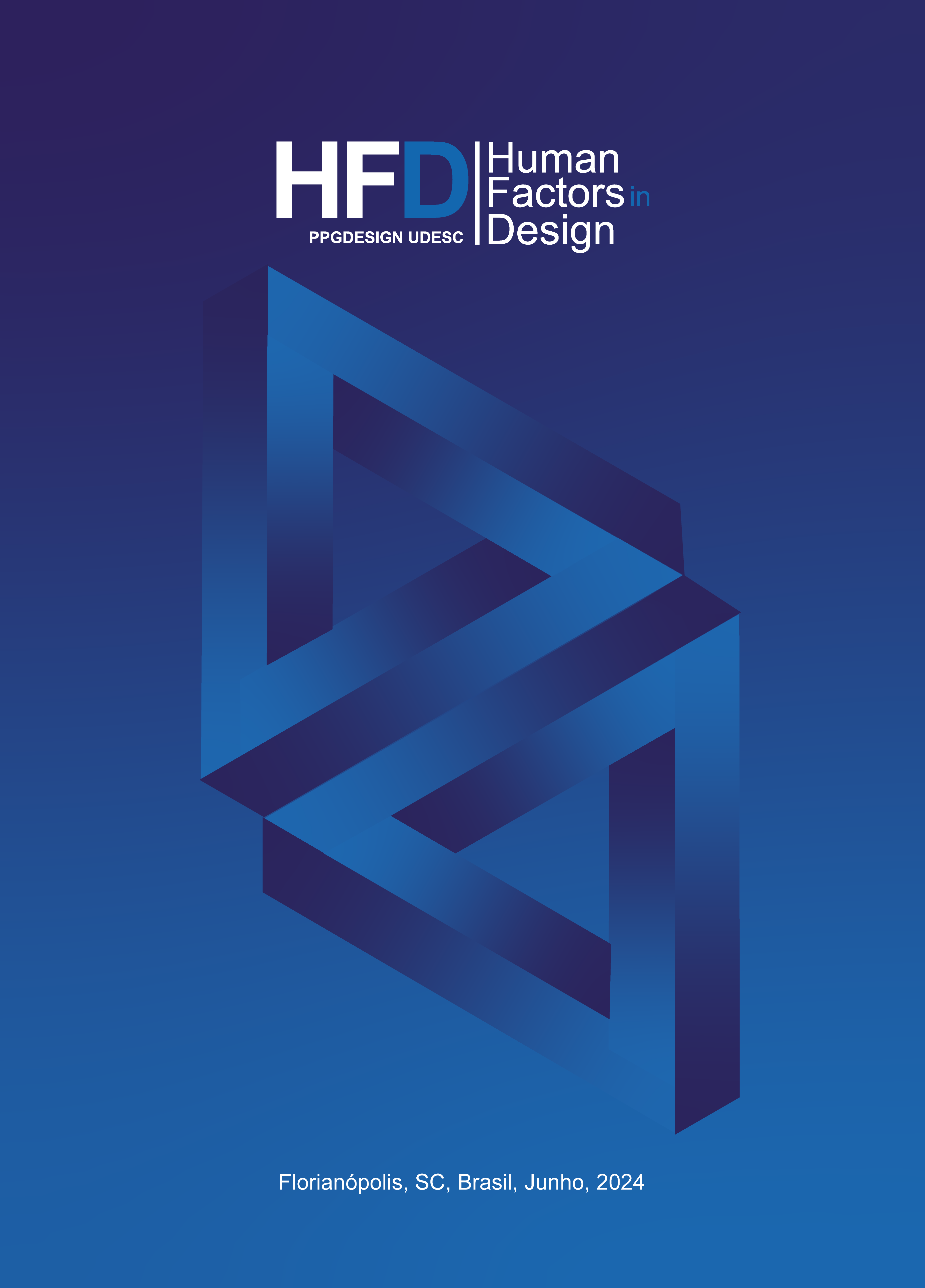Metodologia de suporte ao projeto informativo e conceitual de pequenas lanchas recreativas
DOI:
https://doi.org/10.5965/2316796313252024165Palavras-chave:
desenvolvimento de produto, metodologia de projeto de pequenas embarcações, projeto de lanchas, design de informação, projeto conceitualResumo
Este artigo propõe uma metodologia para o projeto de embarcações de recreio a motor, que são uma parte crucial da indústria náutica brasileira. Apesar da grande demanda por essas embarcações, metodologias de projeto para pequenas embarcações de lazer não são bem exploradas na literatura, levando a aspectos não mapeados como tratamento de informações de projeto, engenharia de requisitos e conflitos de trade-off. A metodologia proposta visa sistematizar a obtenção de especificações de projeto, geração e avaliação de conceitos de soluções, empregando ferramentas de apoio ao projeto. A metodologia foi avaliada aplicando-a em uma pequena lancha de recreio, e os resultados foram avaliados positivamente pela indústria náutica e por especialistas acadêmicos, levando à aceitação da metodologia e a algumas sugestões de melhoria.
Downloads
Referências
A. Lancichinetti, Fortunato, Marinha do brasil, diretoria de portos e costas. Norma -03/dpc: Normas da autoridade marítima para amadores, embarcações de esporte e/ou recreio e para cadastramento e funcionamento de marinas, clubes e entidades desportivas náuticas. (2003).
Pahl, G., Beitz, W., Feldhusen, J., & Grote, K. H. (2005). Projeto na engenharia. Editora Blucher.
Gil, A. C. (2002). Como elaborar projetos de pesquisa (Vol. 4, p. 175). São Paulo: Atlas.
PAPANIKOLAOU, Apostolos. Ship design: methodologies of preliminary design. Springer, 2014. DOI: https://doi.org/10.1007/978-94-017-8751-2
TAGGART, Robert et al. Ship design and construction. (No Title), 1980.
LAMB, Thomas. Ship design and construction. Editor Thomas Lamb, Published by: The SNAME, ISBN: 0-939773-40-6, 2003.
GLOWACKI, Tim. Successful, win-win strategies for a superyacht project: What makes or breaks the creation of a superyach (2015).
EVANS, J. Harvey. Basic design concepts. Journal of the American Society for Naval Engineers, v. 71, n. 4, p. 671-678, 1959. DOI: https://doi.org/10.1111/j.1559-3584.1959.tb01836.x
MISTREE, Farrokh et al. Decision-based design: a contemporary paradigm for ship design. Transactions, Society of Naval Architects and Marine Engineers, v. 98, n. 1990, p. 565-597, 1990.
NAZAROV, Antony. Practical small craft design: Combining art with science, International Journal Of Marine Design. (2015) p. 43–56.
BACK, Nelson, Projeto Integrado de Produtos: Planejamento, Conceito e Modelagem, Manoele Barueri, 2008.
HENRY, Kevin. Drawing for product designers. Laurence King Publishing, 2012.
ROZENFELD, Henrique; AMARAL, Daniel Capaldo. Gestão de projetos em desenvolvimento de produtos. São Paulo: Saraiva, 2006.
Downloads
Publicado
Como Citar
Edição
Seção
Licença
Copyright (c) 2024 Human Factors in Design

Este trabalho está licenciado sob uma licença Creative Commons Attribution 4.0 International License.
Os artigos publicados pela revista são de uso gratuito, destinados a aplicações acadêmicas e não comerciais. Os direitos autorais são todos cedidos à revista. Os artigos cujos autores são identificados representam a expressão do ponto de vista de seus autores e não a posição oficial da revista Human Factors Design. O (s) autor (es) se compromete a sempre que publicar material referente ao artigo publicado na Revista Human Factors Design mencionar a referida publicação da seguinte forma:
Este artigo foi públicado originalmente pela Revista Human Factors Design em seu volume (colocar o volume), número (colocar o número) no ano de (colocar o ano) e pode ser acessado em: https://periodicos.udesc.br/index.php/hfd/index


